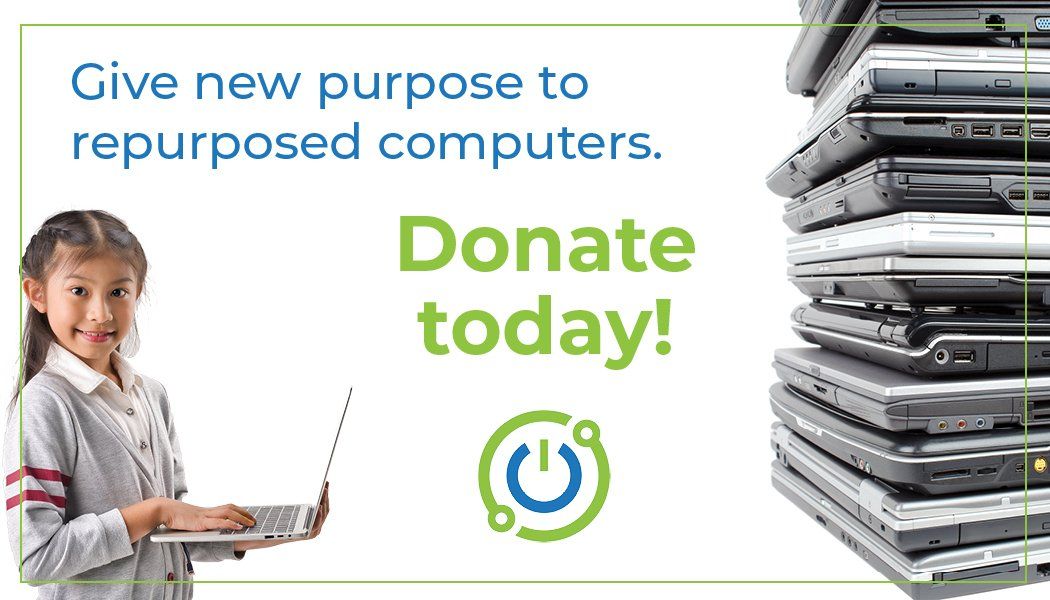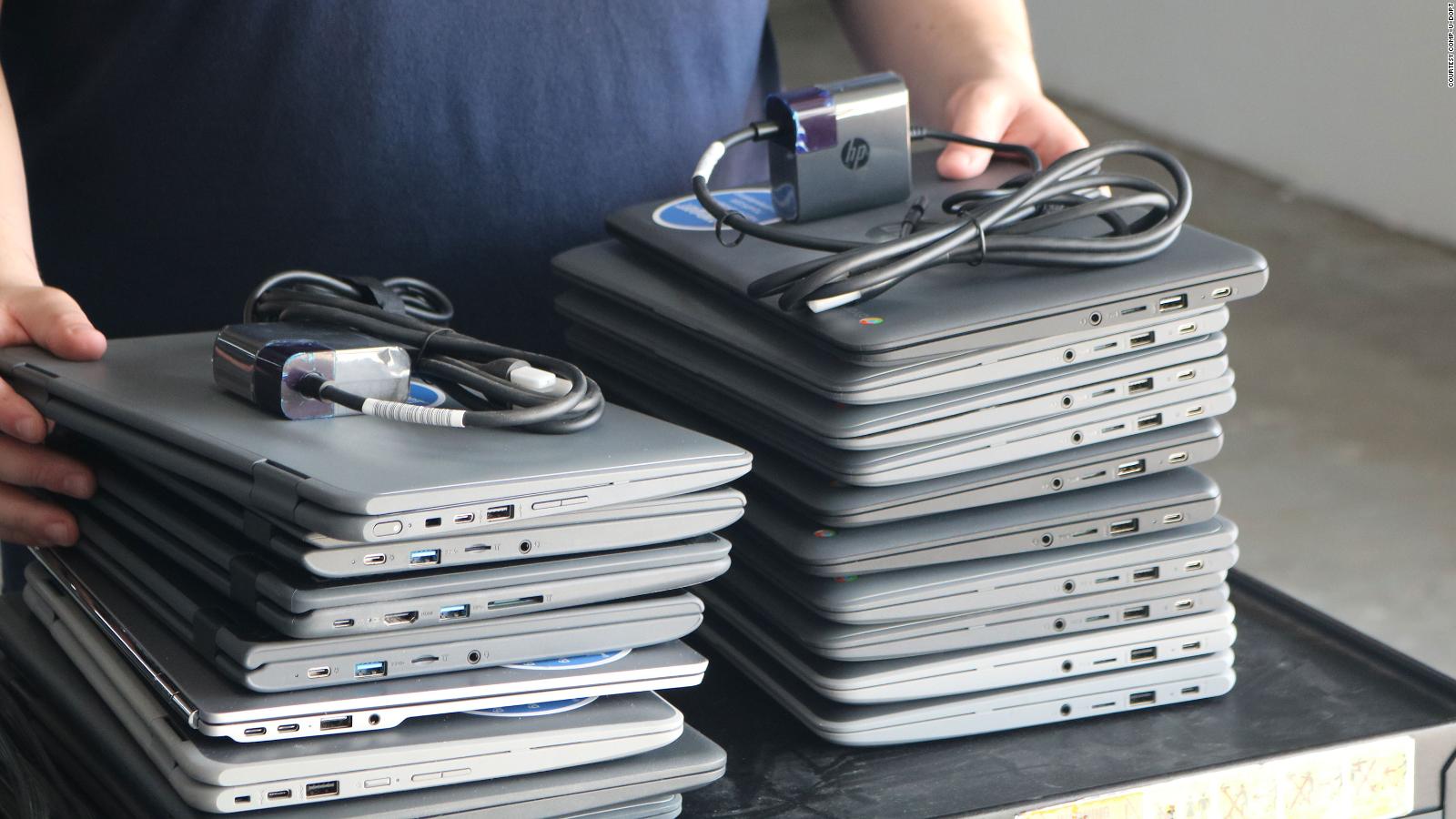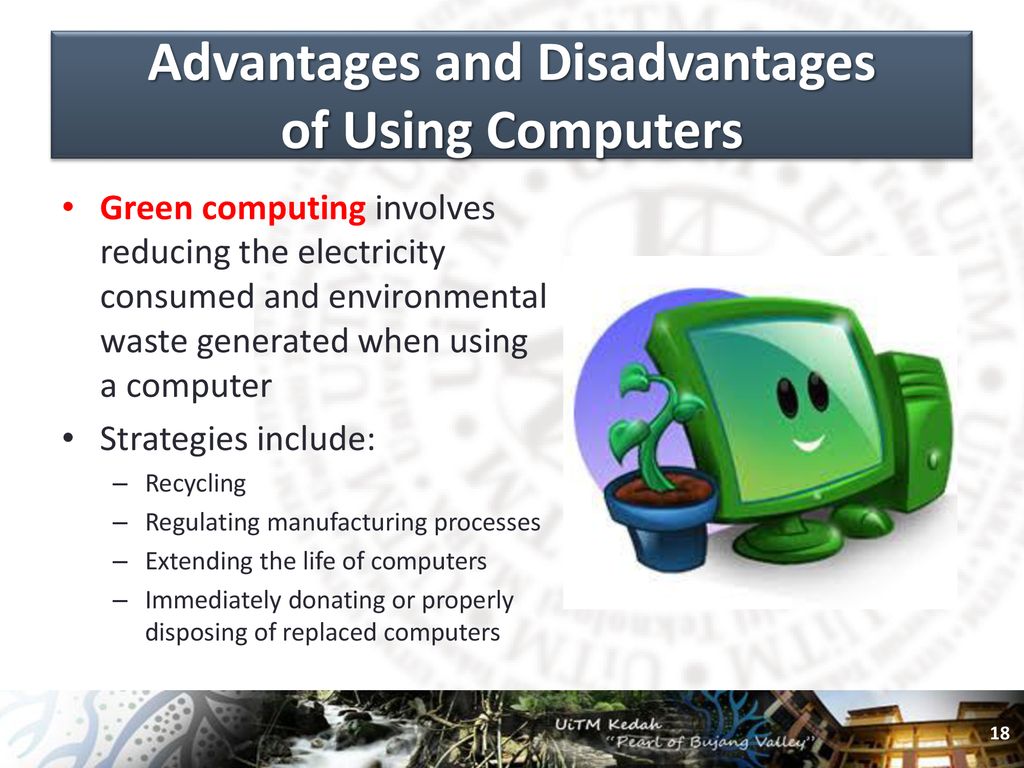Benefits Of Donating Computer Equipment Include

In an era defined by rapid technological advancements and a growing awareness of environmental responsibility, the disposal of obsolete computer equipment presents a significant challenge for individuals, businesses, and institutions alike. Mountains of e-waste accumulate annually, posing threats to both human health and the planet. But amidst this challenge lies an opportunity: donating computer equipment.
This article explores the multifaceted benefits of donating computer equipment. Beyond simply decluttering homes and offices, these donations offer a pathway to bridge the digital divide, support educational initiatives, promote environmental sustainability, and provide valuable resources to underserved communities. This comprehensive look examines the ripple effects of responsible e-waste management through donation, emphasizing its positive impact on society and the environment.
Bridging the Digital Divide
One of the most significant benefits of donating computer equipment is its potential to bridge the digital divide. Access to technology is no longer a luxury, but a necessity for education, employment, and civic engagement.
Donated computers provide opportunities for individuals and families who cannot afford new devices to participate fully in the digital world. Organizations like the National Cristina Foundation specialize in connecting donated technology with nonprofits, schools, and public agencies serving people with disabilities and those who are economically disadvantaged.
These donations empower individuals to gain essential computer skills, access online resources, and improve their educational and employment prospects. It fosters a more equitable and inclusive society, where everyone has the chance to thrive in the digital age.
Supporting Educational Initiatives
Schools and educational institutions often struggle with limited budgets, making it difficult to provide students with the technology they need to succeed. Donating computer equipment to these institutions can have a transformative impact on the learning environment.
Computers donated to schools can be used in classrooms, libraries, and computer labs, providing students with access to educational software, online learning platforms, and research tools. This enhanced access can improve student engagement, boost academic performance, and prepare them for future careers in STEM fields.
Furthermore, older computers can be repurposed for specialized training programs, such as coding classes or graphic design workshops, giving students valuable hands-on experience. Organizations such as Computers With Causes accept donations and distribute them to needy students.
Promoting Environmental Sustainability
The environmental consequences of improper e-waste disposal are dire. Electronics contain hazardous materials like lead, mercury, and cadmium, which can leach into the soil and water, contaminating ecosystems and posing risks to human health.
Donating computer equipment helps to reduce e-waste by extending the lifespan of these devices. By finding new homes for used computers, donations prevent them from ending up in landfills or being processed through environmentally unsound recycling methods. This is confirmed by the EPA's reports regarding e-waste management.
Responsible e-waste recycling is crucial when equipment is beyond repair. Donation programs often partner with certified recyclers who adhere to strict environmental standards, ensuring that hazardous materials are handled safely and valuable materials are recovered for reuse.
Resource Provision for Underserved Communities
Beyond education and digital equity, donated computer equipment can provide vital resources to underserved communities. Non-profit organizations, community centers, and libraries often rely on donated technology to support their programs and services.
These resources can be used to provide job training, offer free computer access to the public, and support community development initiatives. For example, a donated computer can help a job seeker create a resume, research job openings, and apply for positions online.
Furthermore, donated computers can be used to improve healthcare access in underserved communities by enabling telehealth services, supporting electronic health records, and providing access to medical information. Many local charities like the Goodwill often accept computer donations.
Data Security Considerations
A legitimate concern when donating computer equipment is data security. Before donating any device, it's essential to ensure that all personal and sensitive data has been securely erased.
This can be achieved through data wiping software, which overwrites the hard drive with random data, making it impossible to recover the original information. Alternatively, the hard drive can be physically destroyed to ensure complete data security.
Many donation programs offer data sanitization services to donors, providing them with peace of mind knowing that their data is protected. Always research the donation program's data security policies before donating any equipment.
Potential Tax Benefits
In some cases, donating computer equipment can result in tax benefits. The IRS allows taxpayers to deduct the fair market value of donated property to qualified charitable organizations, subject to certain limitations.
To claim a deduction, donors must obtain a written acknowledgment from the recipient organization, which includes a description of the donated property, the date of the donation, and the organization's tax-exempt status. Consult with a tax advisor to determine the eligibility and amount of potential deductions.
Keep detailed records of the donation, including the fair market value of the equipment and any related expenses. Donating computers is a good way to get write offs.
A Sustainable Future Through Donations
Donating computer equipment is more than just a responsible way to dispose of old electronics; it's an investment in a more equitable, sustainable, and technologically advanced future. By bridging the digital divide, supporting education, protecting the environment, and providing resources to underserved communities, donations create a ripple effect of positive change.
As technology continues to evolve, the need for responsible e-waste management will only grow. Individuals, businesses, and institutions must embrace donation as a key strategy for minimizing environmental impact and maximizing the social benefits of technology.
By choosing to donate instead of discard, we can collectively create a world where technology empowers everyone to thrive and where our planet is protected for future generations. The benefits of donation are vast and provide a lasting legacy of positive change for the better good.


















